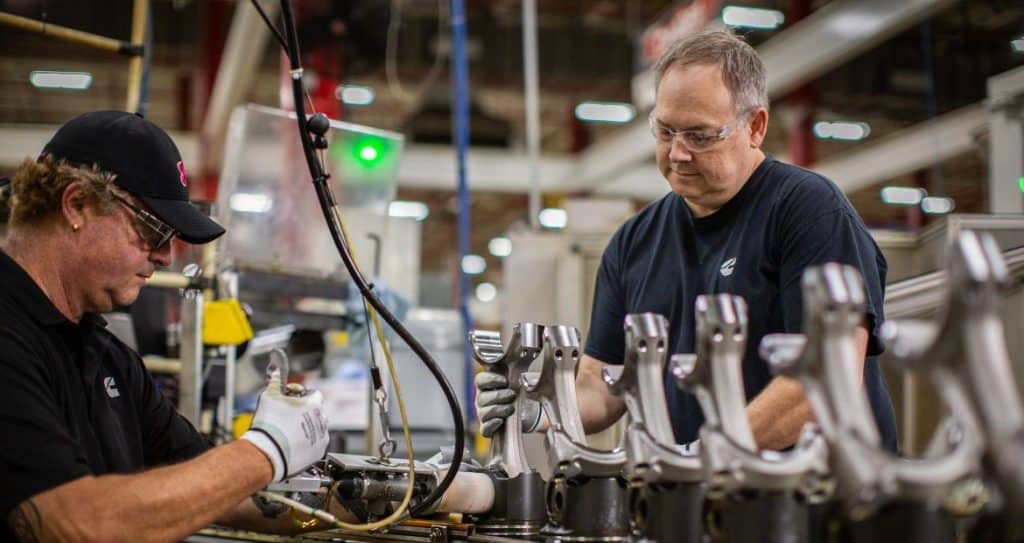
The Justice Department issued the following statement from Attorney General Merrick B. Garland:
“The Justice Department is committed to vigorously enforcing the environmental laws that protect the American people from harmful pollutants.
“Today, the Justice Department reached an initial agreement with Cummins Inc. to settle claims that, over the past decade, the company unlawfully altered hundreds of thousands of engines to bypass emissions tests in violation of the Clean Air Act. As part of the agreement, the Justice Department will require Cummins to pay $1.675 billion, the largest civil penalty we have ever secured under the Clean Air Act, and the second largest environmental penalty ever secured.
“The types of devices we allege that Cummins installed in its engines to cheat federal environmental laws have a significant and harmful impact on people’s health and safety. For example, in this case, our preliminary estimates suggest that defeat devices on some Cummins engines have caused them to produce thousands of tons of excess emissions of nitrogen oxides. The cascading effect of those pollutants can, over long-term exposure, lead to breathing issues like asthma and respiratory infections.
“The Justice Department will work diligently to incorporate today’s agreement into a consent decree that will be filed with the U.S. District Court for the District of Columbia.
“I am grateful to the dedicated women and men of the Environment and Natural Resources Division, as well as to our partners from the EPA, and the State of California, for their assistance in investigating and prosecuting this case and in reaching this important agreement.
“Violations of our environmental laws have a tangible impact – they inflict real harm on people in communities across the country. This historic agreement should make clear that the Justice Department will be aggressive in its efforts to hold accountable those who seek to profit at the expense of people’s health and safety.”
Cummins states on its website it spends $1 Billion annually on research and “Cummins new fuel-agnostic engines deliver more decarbonization choices than you’ve ever had before with the legendary base engines you depend on.”
On April 3, President Biden visited Cummins Inc. (NYSE: CMI) in Fridley, Minnesota (USA) as part of his Administration’s Investing in America tour.
– Cummins’ zero-emission technology brand – will soon manufacture electrolyzers, which are a critical piece of the green hydrogen economy. Hydrogen produced by electrolyzers can power hydrogen fuel cell vehicles and is used in industrial processes like steel production. Building electrolyzers in Fridley is helping to bring the supply chain for zero-emissions vehicles to the United States – particularly in heavy trucking industries – and employing hundreds of workers in the area with good-paying jobs. The Cummins Power Systems factory is a 1.1 million square feet full-service facility, concentrating on design, product, service engineering and manufacturing located just north of Minneapolis. Established in 1969, Fridley employs over 900 and will plan to dedicate 89,000 square feet of the existing facility to electrolyzer production starting April 24. This is a $10 million investment that will support 100 new jobs by 2024.